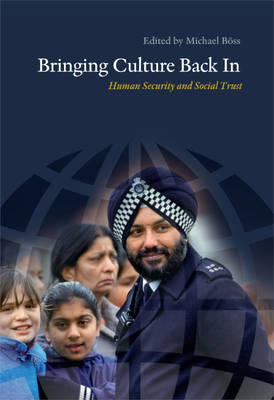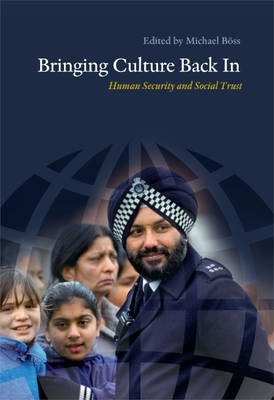
- Afhalen na 1 uur in een winkel met voorraad
- Gratis thuislevering in België vanaf € 30
- Ruim aanbod met 7 miljoen producten
- Afhalen na 1 uur in een winkel met voorraad
- Gratis thuislevering in België vanaf € 30
- Ruim aanbod met 7 miljoen producten
Zoeken
€ 45,95
+ 91 punten
Omschrijving
Economists used to claim that material self-interest and the rational choices of the individual were universal factors that transcended cultural values and differences. This position has been challenged by critics, who have pointed out the methodological and philosophical weaknesses of this approach. They dispute the idea that social order can be explained as the product of the choices of individual agents, and that social agents operate independently of their social and cultural values and norms. Today, there is virtual agreement, not only among students of culture, but also among social scientists that "culture counts" in both politics and society as well as in international relations. In this book, a number of international political scientists, economists, philosophers, and humanist scholars address the role of culture, ethnicity, and religion in contemporary states and societies.
Specificaties
Betrokkenen
- Auteur(s):
- Uitgeverij:
Inhoud
- Aantal bladzijden:
- 285
- Taal:
- Engels
Eigenschappen
- Productcode (EAN):
- 9788771247916
- Verschijningsdatum:
- 18/04/2016
- Uitvoering:
- Paperback
- Formaat:
- Trade paperback (VS)
- Afmetingen:
- 152 mm x 216 mm
- Gewicht:
- 544 g

Alleen bij Standaard Boekhandel
+ 91 punten op je klantenkaart van Standaard Boekhandel
Beoordelingen
We publiceren alleen reviews die voldoen aan de voorwaarden voor reviews. Bekijk onze voorwaarden voor reviews.







